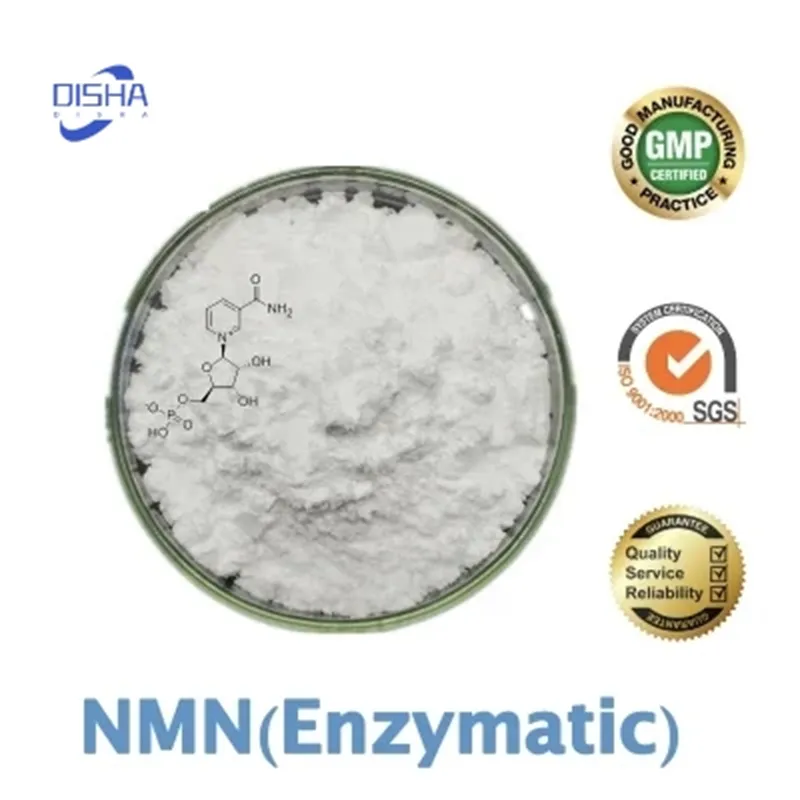Warning: Undefined array key "title" in /home/www/wwwroot/HTML/www.exportstart.com/wp-content/themes/1198/header.php on line 6
Warning: Undefined array key "file" in /home/www/wwwroot/HTML/www.exportstart.com/wp-content/themes/1198/header.php on line 7
Warning: Undefined array key "title" in /home/www/wwwroot/HTML/www.exportstart.com/wp-content/themes/1198/header.php on line 7
Warning: Undefined array key "title" in /home/www/wwwroot/HTML/www.exportstart.com/wp-content/themes/1198/header.php on line 7
- Afrikaans
- Albanian
- Amharic
- Arabic
- Armenian
- Azerbaijani
- Basque
- Belarusian
- Bengali
- Bosnian
- Bulgarian
- Catalan
- Cebuano
- China
- China (Taiwan)
- Corsican
- Croatian
- Czech
- Danish
- Dutch
- English
- Esperanto
- Estonian
- Finnish
- French
- Frisian
- Galician
- Georgian
- German
- Greek
- Gujarati
- Haitian Creole
- hausa
- hawaiian
- Hebrew
- Hindi
- Miao
- Hungarian
- Icelandic
- igbo
- Indonesian
- irish
- Italian
- Japanese
- Javanese
- Kannada
- kazakh
- Khmer
- Rwandese
- Korean
- Kurdish
- Kyrgyz
- Lao
- Latin
- Latvian
- Lithuanian
- Luxembourgish
- Macedonian
- Malgashi
- Malay
- Malayalam
- Maltese
- Maori
- Marathi
- Mongolian
- Myanmar
- Nepali
- Norwegian
- Norwegian
- Occitan
- Pashto
- Persian
- Polish
- Portuguese
- Punjabi
- Romanian
- Russian
- Samoan
- Scottish Gaelic
- Serbian
- Sesotho
- Shona
- Sindhi
- Sinhala
- Slovak
- Slovenian
- Somali
- Spanish
- Sundanese
- Swahili
- Swedish
- Tagalog
- Tajik
- Tamil
- Tatar
- Telugu
- Thai
- Turkish
- Turkmen
- Ukrainian
- Urdu
- Uighur
- Uzbek
- Vietnamese
- Welsh
- Bantu
- Yiddish
- Yoruba
- Zulu
7-р сар . 31, 2024 21:00 Back to list
Exploring the Uses and Benefits of Aspartame and Acesulfame K as Sweeteners
The Sweet Debate Aspartame and Acesulfame K
In the world of artificial sweeteners, aspartame and acesulfame potassium (often abbreviated as Ace-K) are two of the most commonly used ingredients. These compounds play a significant role in the food industry, providing sweetness without calories. However, their safety and health implications have been subjects of considerable debate among consumers, health professionals, and regulatory agencies.
Aspartame, discovered in 1965, is a low-calorie sweetener composed of phenylalanine, aspartic acid, and methanol. It is approximately 200 times sweeter than sucrose (table sugar) and is commonly found in products such as diet sodas, sugar-free gum, and various low-calorie snacks. Its caloric contribution is minuscule, making it an appealing option for those looking to reduce sugar intake or manage weight.
The Sweet Debate Aspartame and Acesulfame K
The controversy surrounding these sweeteners primarily revolves around their safety. Various studies have raised concerns about the potential health risks associated with aspartame. Some research has linked aspartame to headaches, allergic reactions, and even more severe health issues like cancer. However, comprehensive reviews by regulatory bodies such as the U.S. Food and Drug Administration (FDA), the European Food Safety Authority (EFSA), and the World Health Organization (WHO) have repeatedly affirmed aspartame's safety when consumed within established acceptable daily intake (ADI) levels.
aspartame y acesulfame k

Acesulfame K also faces scrutiny, although it is generally considered safe by the same regulatory agencies. Some studies suggest a possible link to cancer and other adverse health effects, but these findings have largely been inconclusive and not supported by long-term, comprehensive research. Most health organizations consider it safe for human consumption, provided that it is used within the recommended guidelines.
As consumers become more health-conscious, the demand for low-calorie products has surged, leading to increased usage of artificial sweeteners. However, the growing trend has also ignited discussions surrounding the clean eating movement, which advocates for whole, minimally processed foods. Many health-conscious individuals are turning away from artificial sweeteners altogether, opting instead for natural alternatives like stevia, monk fruit, or erythritol.
The debate over aspartame and acesulfame K poses a broader question regarding the safety and efficacy of artificial sweeteners in general. Consumers are often faced with mixed messages about their health effects. Balancing the need for sweeteners in low-calorie diets with potential risks can be challenging. As a part of a broader dietary strategy, moderation is key; occasional use of these sweeteners may be acceptable for many individuals.
In conclusion, aspartame and acesulfame K serve significant roles in the food industry, providing sweet flavors without added calories. While regulatory agencies have deemed both sweeteners safe for consumption, ongoing research and consumer concerns continue to shape the discourse around their use. As individuals strive for healthier lifestyle choices, the decision to include or exclude these sweeteners in their diets will remain a personal choice influenced by individual health goals and preferences. Ultimately, understanding these sweeteners' benefits and potential risks is crucial for making informed dietary decisions.
Latest news
-
Cyflufenamid
NewsMay.27,2025
-
O-Vanillin: A rising star in the flavors and fragrances industry
NewsMay.23,2025
-
2025 Brazil Sao Paulo Cosmetics Exhibition
NewsMay.20,2025
-
2025 European Fine Chemicals Exhibition in Germany
NewsMay.13,2025
-
2025 New York Cosmetics Ingredients Exhibition
NewsMay.07,2025
-
Zibo will host the 2025 International Chemical Expo
NewsApr.27,2025

